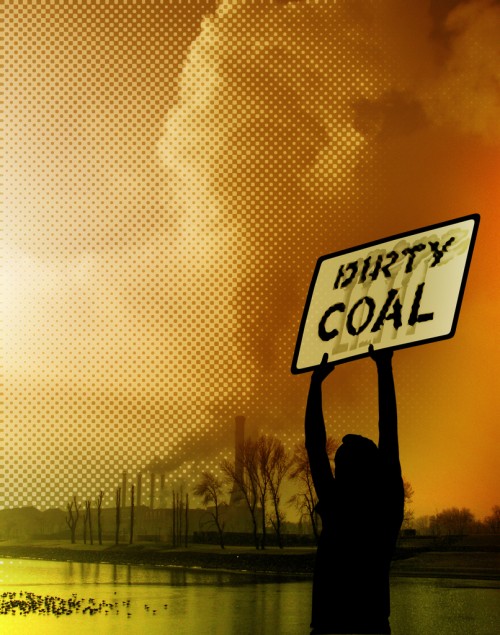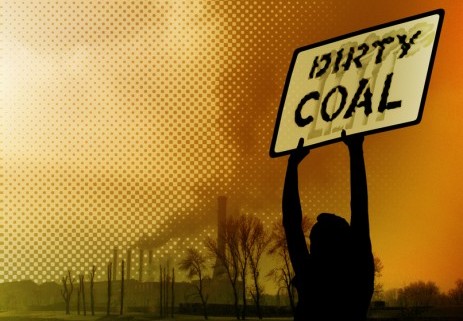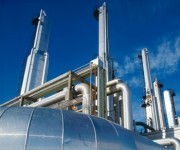 Image: Truthout.orgIn my last post, I wrote that the EPA is delaying a few of its recent regulations and generally appearing tentative and hesitant in the face of attacks from industry and Republicans. At the core of those attacks is the notion that regulations would be a huge financial burden on industry and slow the economy.
Image: Truthout.orgIn my last post, I wrote that the EPA is delaying a few of its recent regulations and generally appearing tentative and hesitant in the face of attacks from industry and Republicans. At the core of those attacks is the notion that regulations would be a huge financial burden on industry and slow the economy.
Is that true? It depends, in large part, on how you quantify the external costs that air pollution imposes on the public. If they are high enough that the benefits from pollution reduction outweigh the costs to industry, then the regulation will be a net boost to the economy, whatever the effect on the individual businesses in question.
A new study is out showing that EPA has been substantially undercounting the externalities imposed by ozone pollution — and thus understating the net benefits of its new ozone rules.
The reason for EPA’s conservatism is that it focuses almost exclusively on health costs, i.e., mortality and morbidity. (Defending public health is, after all, EPA’s mandate.) But direct health costs do not capture the full impact on downwind states. After all, if employees are getting sick or dying, or if they’re unable to work outdoors because of poor air quality, there are also, the the report’s words, “higher labor and health insurance costs, lost jobs, lost state and local tax revenue, and higher gasoline prices.” In other words, polluters aren’t just harming individuals, they are harming other businesses and state budgets.
The report is called “Expensive Neighbors: The Hidden Cost of Harmful Pollution to Downwind Employers and Businesses” [PDF]. In it, author, former professor, and electricity industry expert Dr. Charles J. Cicchetti finds that power plants without SO2 and NOx scrubbers are imposing some $6 billion in annual costs on downwind businesses. Specifically, the report finds that thanks to unscrubbed coal plants, between 2005 and 2012:
- Businesses will suffer over $47 billion in costs;
- Over 360,000 jobs will be lost;
- State and local governments will lose almost $9.3 billion in tax revenue;
- Families and businesses in polluted areas will pay $26.0 billion more for reformulated gasoline as a result of ongoing pollution.
When these costs are added to health costs to individuals, the benefits of the EPA’s upcoming Clean Air Transport Rule, which would put tighter limits on ozone pollution, “exceed compliance costs by about 100 times.” You’d be hard pressed to find another federal regulation of which that can be said.
Why, if the public benefits so outweigh the costs, do rules like this remain so controversial? Obviously a big part of it is that the costs are concentrated on politically powerful status quo interests and the benefits are diffused among the public, particularly on the low end of the income spectrum. That’s not a fair political fight.
But also, we just don’t have a great way of talking about this stuff yet. “Externalities” is such a bloodless word. What it really means is: We’re allowing polluters to profit from harming our families, businesses, and public coffers. Why on earth would we do that?
Republicans will say that we can’t afford to impose costs on business during a recession. But we’re imposing costs on business now! On that subject, I will give Cicchetti the final word:
There are people who will argue that the benefits of a greener environment are fine when the country is at full employment. But when the country is suffering unemployment, when states are having trouble balancing budgets and businesses are having trouble keeping employees, we can’t afford the investments and efforts to make the air cleaner.
By drilling down to the employment and businesses effects, showing that those benefits outweigh the additional costs, I’ve tried to show that we should do it sooner rather than later, that it will reduce the costs of employment in affected areas and stimulate jobs. Now is a better time to get on with the task of making the air better and healthier.




